In our Prayers of the People, what does it mean to “labor for the common good,” and how would that “reflect the Kingdom of God”? Here is only a short blog-length partial answer to the question, but it may get us started. Follow a couple of lines of thought here and see if we don’t spiral upward into understanding at least part of the answer to the question. 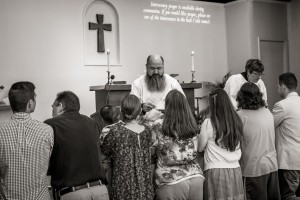
Imagine going to the doctor’s office with an illness. The doctor sees you, writes a prescription, and you feel well in a couple of days. Clearly, this was one person laboring for one person’s good (the doctor worked to make you better).
You can see how, patient after patient and day after day, the doctor labors for the good of others, for the “common good.” (That was easy.)
But now imagine going to the doctor’s office. Cabinets on the wall keep the things the doctor needs organized. Someone worked to install those cabinets. They were made of wood from someone’s timber lot somewhere. Some logging crew came in and took those trees out. They used trucks manufactured somewhere by someone to carry the logs to a sawmill. Oil – maybe from a well in Kazakhstan, worked by those in our least-reached people group – keeps the chainsaws and trucks and sawmill works moving smoothly. Those cabinets are covered with a synthetic veneer to make disinfecting them easier and limit infecting already sick people. Who worked in the plant making that veneer? Who made the adhesive to hold it to the wood of the cabinets? What chemist ensures that the disinfecting fluid is properly manufactured so that it kills the germs it is supposed to? Who wipes down the cabinets with the disinfectant? Who made the sponges used to wipe them down? Who drove the truck carrying the sponges to the place where they were purchased? Who was the cashier that rang up the order? The doctor writes the prescription on a paper pad (we are imaging back in the old days, OK?). Who made the pencil? (Read here for that story – it may amaze you!) The doctor said, “I want you to take three pills every day for a week” and wrote a prescription for 21 pills. Who was the third grade teacher that made that little 8-year-old future doctor learn the “3 times table”? Do you see how all those people labored to create a situation where patients can find a cure? They labored for the common good. (That was pretty easy, too.)
Now, what is reflecting the coming Kingdom of God about all of that? (Those of us who grew up with an Evangelical background may be dismayed that no one so far has gotten saved!) Well, think about what the prophets said about the coming Kingdom of God. Among so many other things, it will be a place of prosperity where people and communities flourish.
Do you notice that at each of the stages of production or service where different parts of the doctor’s office came together, everyone made a little bit of money? Politicians can argue about what policies have what effect on the process, but it is very basic economic wisdom that families and communities flourish when goods and services are produced and move rapidly through society. All those people were employed productively, not only providing goods or services that ended up creating a healing environment for patients but also providing support for their own families and the dignity that comes from working to support themselves and those they love.
Perhaps thinking about this makes you wonder if each of the workers was treated fairly. Were any treated unjustly? What could we do to remedy that injustice?
And maybe thinking even briefly about people creating a more flourishing community where they are treated with justice makes us think about – and yearn for – the coming Kingdom of God.
And all we have dealt with have been the two issues of economic productivity and economic justice – we barely made a dent in answering the question! There is so much more to be said – maybe later.
Be blessed in your daily work this week,
James
James Manley is a deacon at Servants of Christ. James holds a Ph.D. in history from the University of Florida and is a professor of the humanities at the College of Central Florida in Ocala. He has taught at 6 colleges and seminaries in the United States and East Africa. Along the way he worked as a janitor, a grocery store clerk, a warehouse packer, a shipping inspector, a print shop assistant, a library periodicals technician, an acoustic ceiling tile scrubber, a shepherd, a goatherd, a swineherd, a recruitment specialist for an international development firm, a tomato harvester, a mechanic’s assistant, a vicar of a tiny Anglican parish, and a pine tree farmer. He works evenings and weekends as grill cook and bartender at Leann’s Place in beautiful Fairfield, Florida.
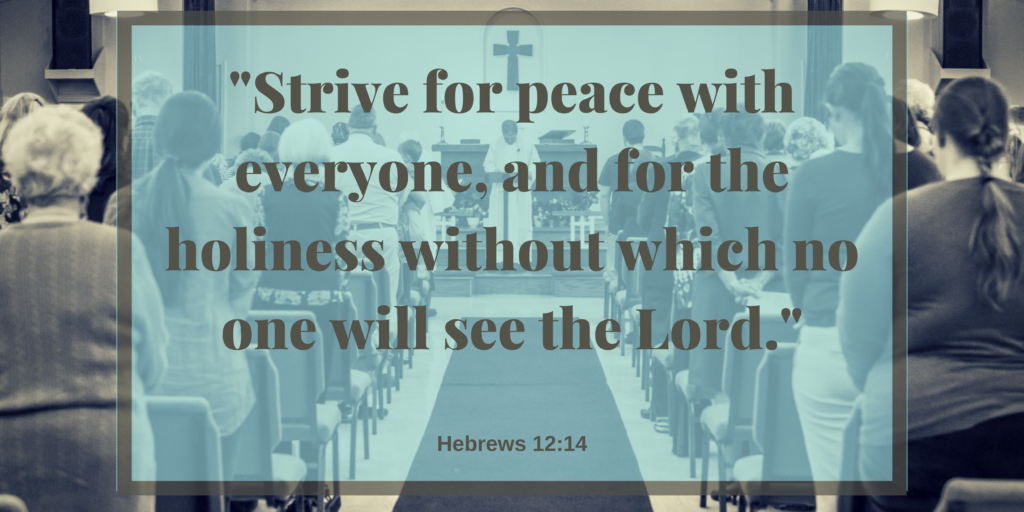

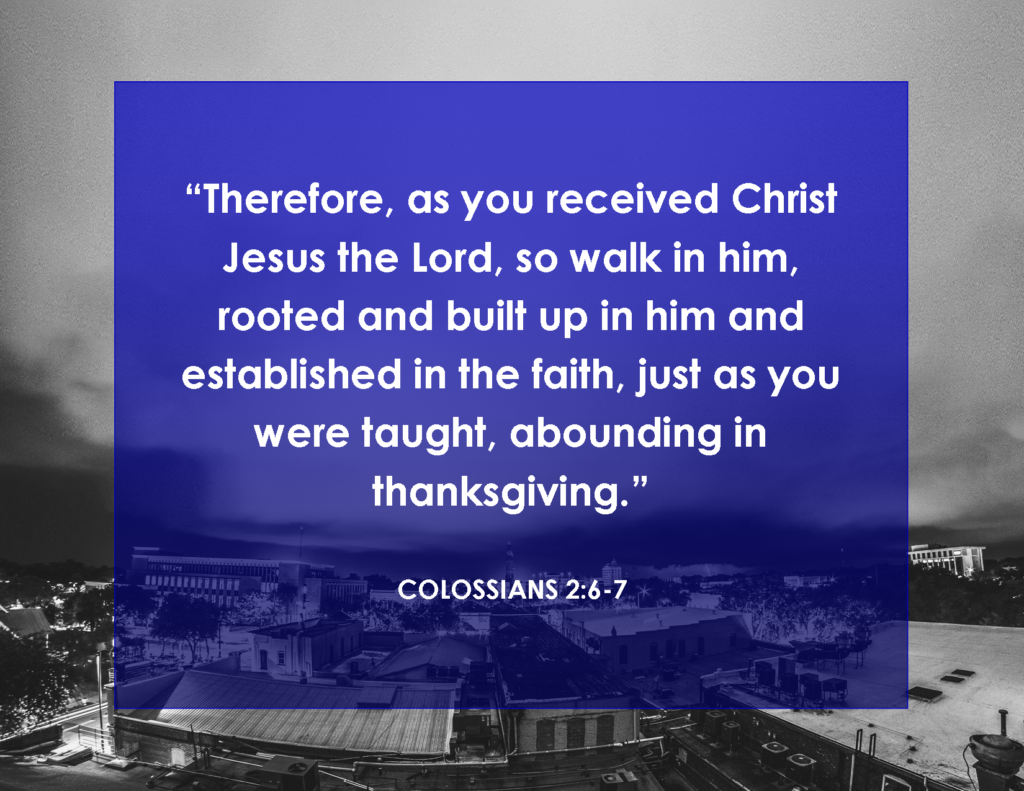
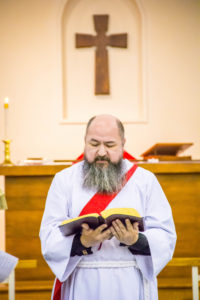


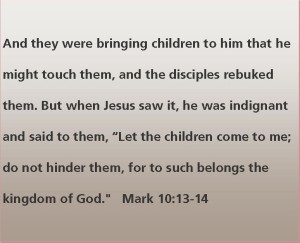 Vacation Bible School is finally here! Please be praying for Kim Harris and her team as they minister to all the children God will bring to VBS this week starting
Vacation Bible School is finally here! Please be praying for Kim Harris and her team as they minister to all the children God will bring to VBS this week starting 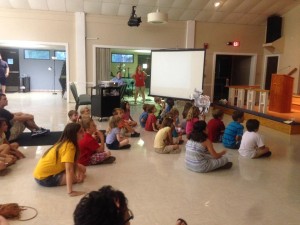 Discipling our children is a daunting challenge in our culture today. We are committed to walking alongside parents and saying, “this is your God-given responsibility, but you need not face the challenge alone.” This year we are trying out a one-week long format:
Discipling our children is a daunting challenge in our culture today. We are committed to walking alongside parents and saying, “this is your God-given responsibility, but you need not face the challenge alone.” This year we are trying out a one-week long format: 